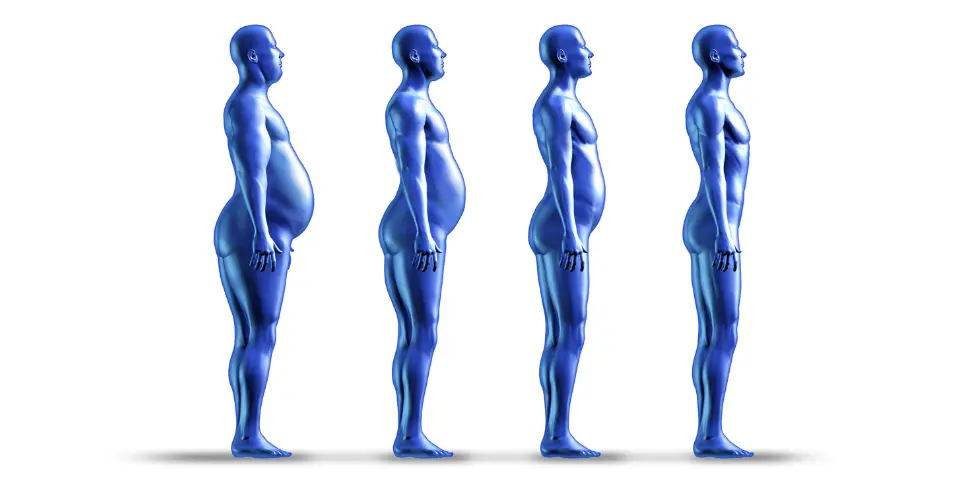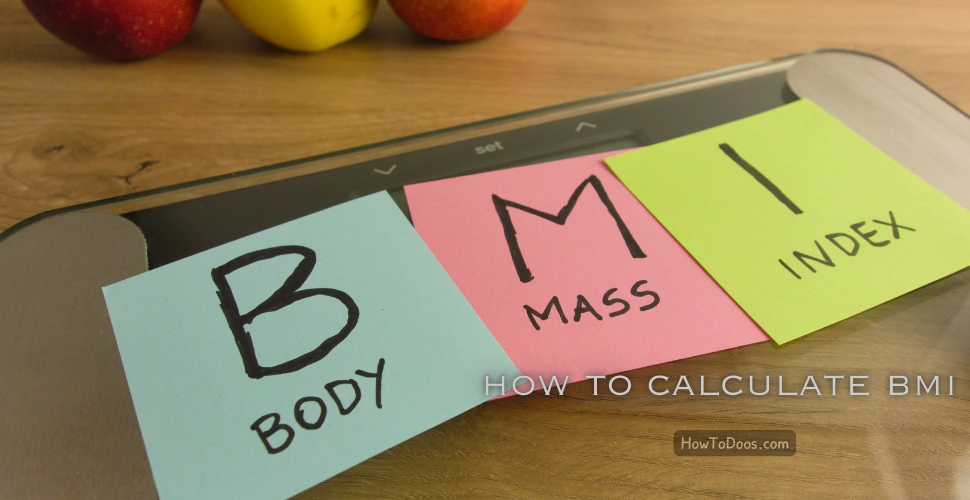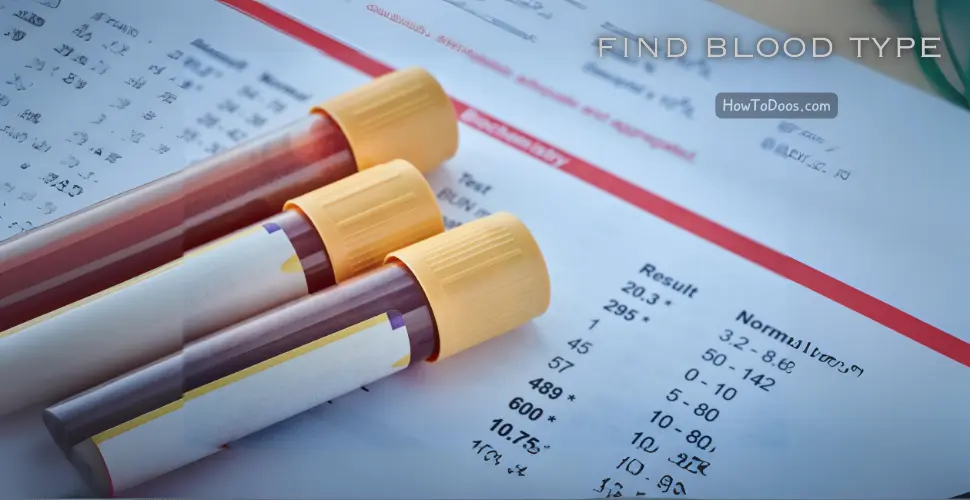How to Lose Weight – Effective Strategies for a Healthier You
-
 Michael Brown
Michael Brown - 13 Jul, 2024

Losing weight can be a challenging journey, but with the right strategies and mindset, it’s achievable. This guide will provide you with practical tips and effective strategies to help you lose weight and maintain a healthier lifestyle.

Why Is Losing Weight Important?
Maintaining a healthy weight is crucial for overall well-being. It reduces the risk of chronic diseases such as heart disease, diabetes, and certain cancers. Additionally, achieving a healthy weight can boost your self-esteem, energy levels, and overall quality of life.
Effective Strategies for Losing Weight
1. Set Realistic Goals
Start by setting achievable and realistic weight loss goals. Aim for a steady weight loss of 1-2 pounds per week, which is considered safe and sustainable.
2. Eat a Balanced Diet
Focus on consuming a variety of nutrient-dense foods, including fruits, vegetables, lean proteins, whole grains, and healthy fats. Avoid processed foods, sugary beverages, and excessive amounts of saturated fats.
3. Monitor Your Caloric Intake
Keep track of your daily caloric intake to ensure you are consuming fewer calories than you burn. Use a food diary or a mobile app to log your meals and snacks.
4. Increase Physical Activity
Incorporate regular physical activity into your routine. Aim for at least 150 minutes of moderate-intensity exercise or 75 minutes of vigorous-intensity exercise per week, along with strength training exercises.

5. Stay Hydrated
Drinking enough water is essential for weight loss. It helps control hunger, boosts metabolism, and aids in digestion. Aim for at least 8 cups of water per day.
6. Get Enough Sleep
Adequate sleep is crucial for weight loss. Aim for 7-9 hours of quality sleep per night to support your metabolism and reduce the risk of overeating.
7. Manage Stress
High stress levels can lead to emotional eating and weight gain. Practice stress management techniques such as meditation, yoga, or deep breathing exercises to stay calm and focused.
8. Avoid Skipping Meals
Skipping meals can lead to overeating later in the day. Eat regular, balanced meals and healthy snacks to keep your metabolism active and prevent hunger.
9. Practice Mindful Eating
Pay attention to your hunger and fullness cues. Eat slowly, savor each bite, and avoid distractions such as watching TV or using your phone while eating.
10. Seek Support
Join a weight loss group or seek support from friends and family. Having a support system can keep you motivated and accountable on your weight loss journey.
11. Limit Alcohol Consumption
Alcoholic beverages can be high in calories and may hinder your weight loss efforts. Limit your alcohol intake and opt for healthier alternatives.
12. Be Patient and Persistent
Weight loss is a gradual process that requires patience and persistence. Stay committed to your goals, and don’t get discouraged by temporary setbacks.

Summary
Losing weight requires a combination of healthy eating, regular physical activity, and lifestyle changes. By setting realistic goals, eating a balanced diet, monitoring your caloric intake, increasing physical activity, staying hydrated, getting enough sleep, managing stress, avoiding skipping meals, practicing mindful eating, seeking support, limiting alcohol consumption, and being patient and persistent, you can achieve your weight loss goals and maintain a healthier lifestyle. Remember, it’s not just about losing weight but also about building sustainable habits for long-term health and well-being.


